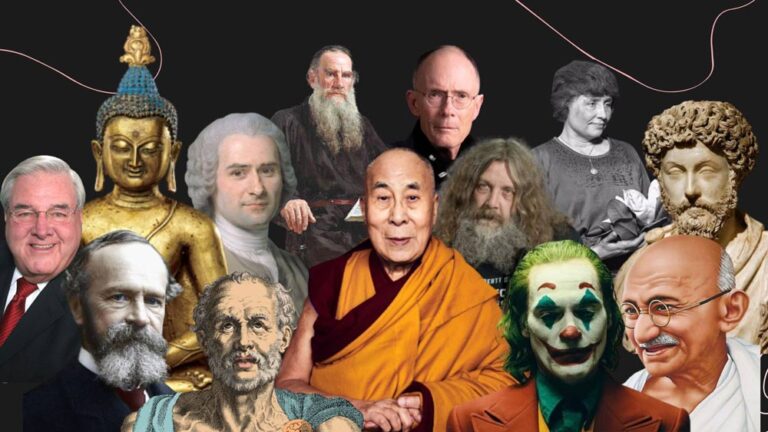Currently, I’m living with a housemate who is a pessimist. I pretty much told him so, but he rejected my words. Yet, the evidence states the contrary.
How to Recognize a Closet Pessimist?
I call a closet pessimist someone who is a pessimist but does not admit himself to be so.
To prove that my flatmate is such a person, I have accumulated several evidence pieces, first being how he talks. Often, in a random conversation, which has nothing to do with the topic of happiness (and nothing else for that matter), he states things like “the worst comes to worst,” “I’m not mad at you,” or Me: “Hey bro” He: “What’s wrong?” I call this form of talk as negatively framed statements since a person uses negatively framed words in how he speaks, thinks, and writes. To me, using negatively framed words is not a dead giveaway that a person is a pessimist, but if they use these words often enough, it becomes that much obvious.
Another sure sign of pessimism is materialism and egocentrism, which are prevalent in our current society. Yes, books of studies are written on altruism vs. egoism and minimalism vs. materialism, showing that happier people are less materialistic and egoistic. Thus, guess what the preference of my flatmate regarding these two statements is?
Lastly, to be happy is hard work and happy people work hard to maintain their positive mood. Oppositely, being negative is easy. Just do what you always did, and you will get pretty much the same results. In turn, pessimists don’t believe that extra work will lead to positive results. They are trapped in the, whereas they don’t believe that they can improve their current situation Negative Belief Bias, so why bother? Respectfully, if anyone is to challenge them about their negative state, they are likely to hoard a book full of excuses as to why happiness is impossible.

Why Do People Hide Behind Pessimism?
We can fake positive emotions as quickly as we can tell a lie. The most famous example of this is a woman who came to a happiness seminar, and despite her claims that she was happy, her words, tone of voice, and body language told a different story. And yet, she was at this happiness seminar, right? What was she doing there? Did she forget her keys there from the previous event?
Of course, I always remind people that the easiest place to be happy is at a happiness seminar. After all, the whole point of such a meetup is to make a person feel happy. But what happens outside such an event, when all the incentives to be happy are gone?
We are said to be a hero of our own story. When we are confronted with evidence that we are under performing in certain parts of like, like happiness, our psychology defends us by creating a narrative of blaming, denying, or justifying why this is incorrect and why we are still perfect. This self-defense mechanism allowed us to accept a lot of negativity in our lives and still feel good about ourselves. And yet it is the same mechanism that prevents us from being happy.

Why We Can’t Save Hidden Pessimists?
Henry Ford said that “Whether you think you can, or you think you can’t – you’re right.” This same quote applies to pessimism, whereas if a person believes themselves to be unhappy and that there is no way around it, then he is right. To this point, often, people can’t perform in a specific task just because they have limiting believes about why they can’t do so. They might be qualified to do something in every other area of life, but if they are not prepared to face life in their minds, they will be unlikely to make it in reality.
Oppositely, optimists see possibility even in the grimmest of the affairs. This is why, despite their many limitations, they are often outperforming their pessimistic counterparts, simply because they try to do something, even if they ultimately will fail to do so. Personally, I had to have a lot of optimism in writing my book for six years, as even a little bit of doubt could have stopped this process.
Of course, in the case of my flatmate, he is not a pessimist in all aspects of his life, as he can talk very passionately about his job where he is performing very well. And yet, this one event of optimism (and maybe a few others) can trick us into believing that we are more positive than negative. However, if we are negative 90% of the time and only positive during the remaining 10%, does it make us optimistic or pessimistic?














